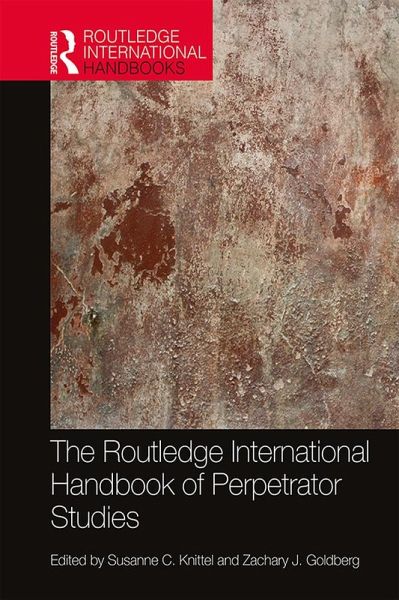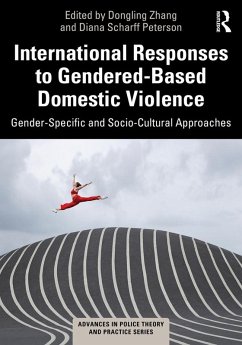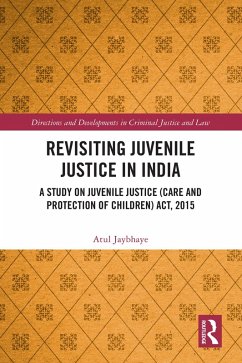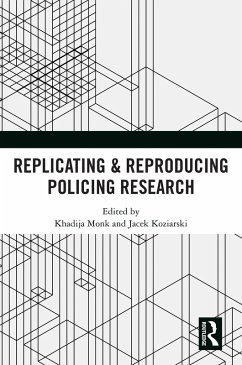
The Routledge International Handbook of Perpetrator Studies (eBook, ePUB)
Versandkostenfrei!
Sofort per Download lieferbar
45,95 €
inkl. MwSt.
Weitere Ausgaben:

PAYBACK Punkte
23 °P sammeln!
The Routledge International Handbook of Perpetrator Studies traces the growth of an important interdisciplinary field, its foundations, key debates and core concerns, as well as highlighting current and emerging issues and approaches and pointing to new directions for enquiry. With a focus on the perpetrators of mass killings, political violence and genocide, the handbook is concerned with a range of issues relating to the figure of the perpetrator, from questions of definition, typology, and conceptual analysis, to the study of motivations and group dynamics to questions of guilt and responsi...
The Routledge International Handbook of Perpetrator Studies traces the growth of an important interdisciplinary field, its foundations, key debates and core concerns, as well as highlighting current and emerging issues and approaches and pointing to new directions for enquiry. With a focus on the perpetrators of mass killings, political violence and genocide, the handbook is concerned with a range of issues relating to the figure of the perpetrator, from questions of definition, typology, and conceptual analysis, to the study of motivations and group dynamics to questions of guilt and responsibility, as well as representation and memory politics. Offering an overview of the field, its essential concepts and approaches, this foundational volume presents contemporary perspectives on longstanding debates and recent contributions to the field that significantly expand the theoretical, temporal, political, and geographical discussion of perpetrators and their representation through literature, film, and art. It points to emerging areas and future trends in the field, thus providing scholars with ideas or encouragement for future research activity. As such, It will appeal to scholars across a range of disciplines, including sociology, anthropology, criminology, philosophy, memory studies, psychology, political science, literary studies, film studies, law, cultural studies and visual art.
Dieser Download kann aus rechtlichen Gründen nur mit Rechnungsadresse in A, B, BG, CY, CZ, D, DK, EW, E, FIN, F, GR, HR, H, IRL, I, LT, L, LR, M, NL, PL, P, R, S, SLO, SK ausgeliefert werden.













